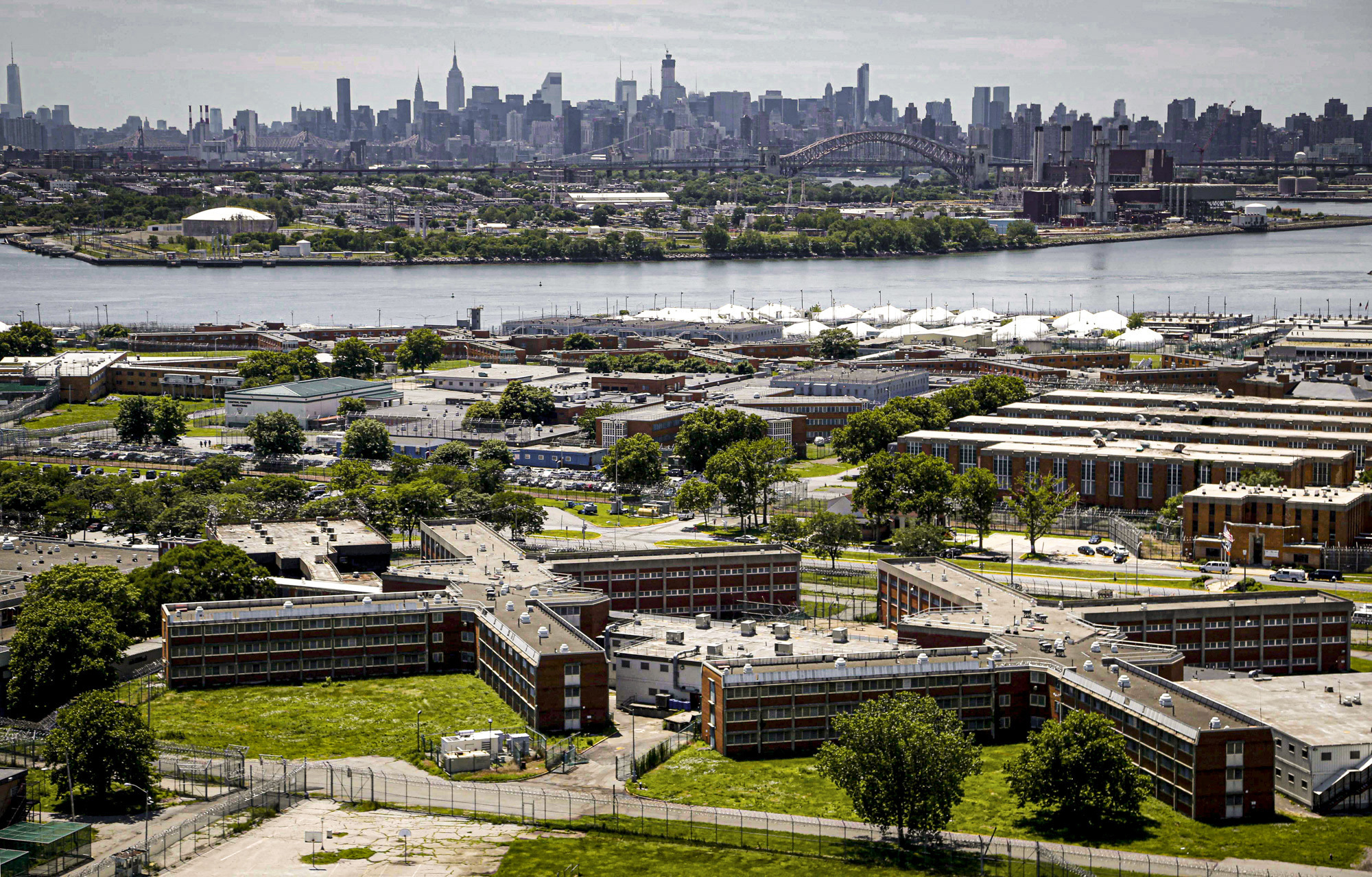NYC defenders decry unlawful recording of attorney-client jail calls

In response to the recent New York City Department of Investigation (DOI) report regarding the improper recording of attorney-client phone calls in city jails, a coalition of New York City public defender organizations — including Brooklyn Defender Services, The Bronx Defenders, The Legal Aid Society, Neighborhood Defender Service of Harlem, New York County Defender Services, and Queens Defenders — have expressed deep concern about the breach.
“The widespread, illegal practice described in this investigation undermined one of the most fundamental tenets of the constitutional right to counsel: the ability of people to receive confidential advice from their legal team,” the statement said. “Thousands of confidential phone calls between incarcerated people and their attorneys were wrongly recorded, and many were even supplied to district attorneys, the NYPD, and other law enforcement agencies.
“The Department of Investigation is correct that this improper recording of phone calls was ‘unacceptable.’ However, this investigation and its conclusions are simply inadequate.”